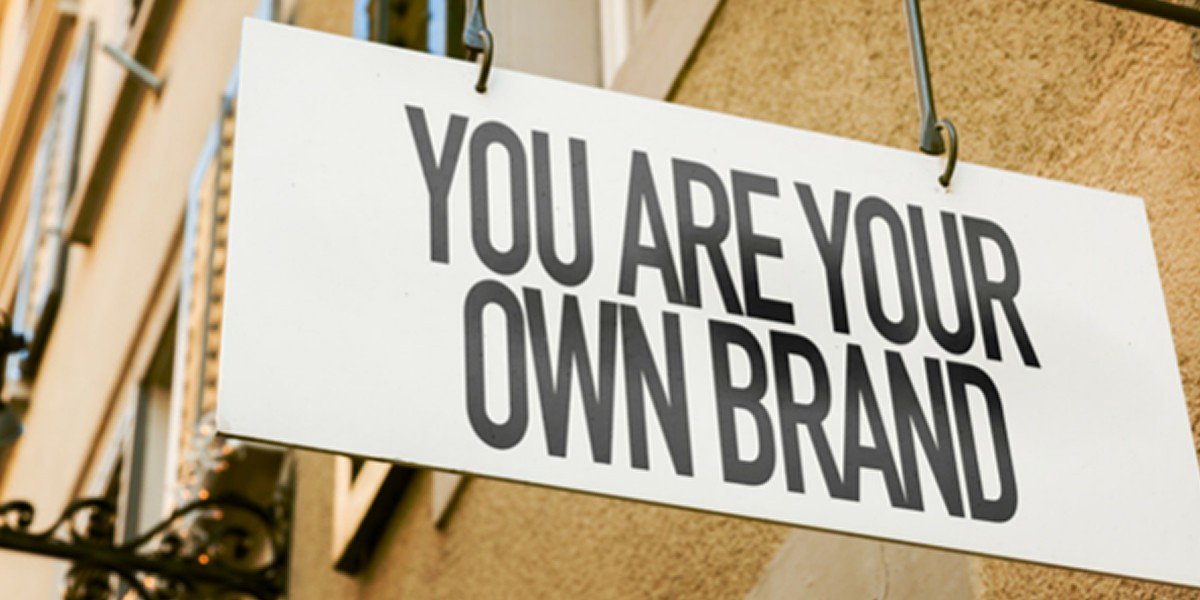Certainly, a lot has happened since we last reviewed the state of the fashion industry. As the title addresses, we have a new leader in the world. One who is ushering in a completely new direction for business and for the future. All political opinions aside, undoubtedly this will impact so much of our daily lives in many ways and certainly in the fashion industry.
The impact of tariffs on fashion brands will, without doubt, disrupt manufacturing locations and lead to the rethinking of supply chains. Although there’s a lot of talk about onshoring, the ability to do that within the US is really limited. Trump is a notorious dealmaker and, clearly, he’s keeping opportunities open in China, Canada, Mexico, and other locations to strike some beneficial outcome for the US.
Post-election frenzy gave the impression that the US was again leading the world without much challenge from elsewhere, only to be shocked by the appearance of DEEPSEEK, the Chinese AI challenger to Open AI/Chat GPT. This made the world aware that whatever limitations are placed on China they will find a way around them.
The arrival of DEEPSEEK and the reminder of the resilience of China is important. Deepseek could be said to be an AI version of Temu and Shein. Ultra-low-cost versions of what the US has produced, leaving others reeling in disbelief that this was actually possible. Maybe this is a poor comparison, but this clearly highlights how nothing is predictable anymore and every business model and industry can be disrupted.
Shein has completely disrupted the fast fashion industry, with Temu doing similar damage to homeware and appliances. I am always negative about Shein and Temu. I have opinions related to their environmental impact and labour practices, as well as their impact on younger generations, who can easily be tempted to buy more and become unconscious consumers. Yet, these platforms have reshaped consumer behaviour and business practices across the globe by utilising data, speed to market and disrupting traditional processes. Shein's impact on the fashion industry is profound and multifaceted. While it has revolutionised fast fashion through innovative business practices and responsive marketing strategies, it has also raised critical discussions about sustainability and ethics. As the fashion landscape continues to evolve, the challenge will be for both consumers and brands to find a balance between affordability and responsible consumption.
Continuing the AI conversation, there are many opportunities in fashion for AI implementation. It could be said that AI is poised to revolutionise the fashion industry by enhancing design processes, personalising shopping experiences, optimising supply chains, and promoting hyperspeed to market. As brands increasingly adopt AI technologies, the focus will be on balancing innovation with ethical considerations and the preservation of creativity, whilst building aggressive businesses. The integration of AI not only improves efficiency but also fosters a more responsive, consumer-centric fashion landscape. Yet fashion is notoriously slow to adapt. The sustainability challenges have not gained much momentum. With Trump in charge, sustainable fashion will drop further down the list of priorities.
Where does this leave us as industry professionals or consumers?
Let’s outline a few areas of possibility:
In the US, business is back. There will be a drive to make more, spend more and experience good times.
Technology can and will impact life in ways we do not understand. We can look forward to new and innovative initiatives throughout the industry. New brands can be created with unprecedented speed and innovation.
The power of the US will create opportunities for other countries to rise. Either through competition or from challenge.
Sustainability will not be a priority, yet it may rise as a counter to the major themes.
AI, innovation and a need to go beyond the past will create a future where anything can be possible. Yet, this will create a counter-culture for handmade, traditional and authentic goods.
Wherever you stand in terms of politics, AI, innovations, consumer trends - the future is literally “everything, everywhere, all at once”. Pick your way forward with care, consideration and awareness.









